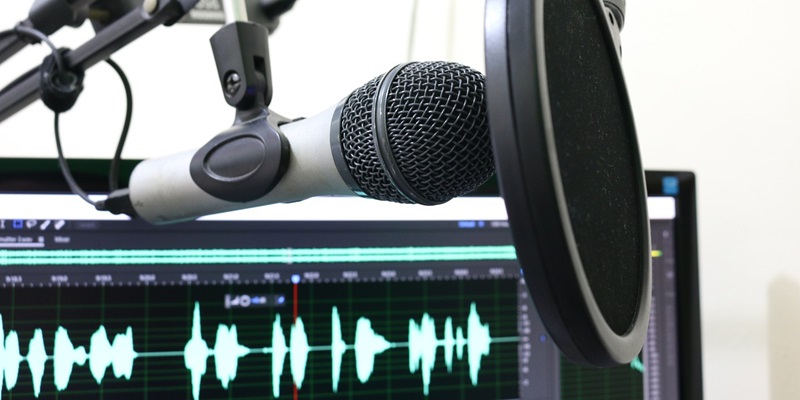Adobe’s Project Music GenAI is set to revolutionize the way we create music, allowing users to compose and manipulate tunes through text or melody references. This technology democratizes music production, enabling people without formal music training to convert their ideas into reality. It opens new horizons for producers to rapidly prototype sounds, for songwriters to craft accompaniments, and for media creators to design custom scores that align with their artistic vision. By simplifying the music-making process, Adobe empowers a broader spectrum of creators to express their musical creativity effortlessly. This game-changing tool has the potential to deeply impact the music industry by making composition accessible to anyone with a conceptual vision for music, ensuring that technical skill no longer limits creativity.
The Democratization of Music Production
Adobe’s initiative represents a significant step toward democratizing music production. Aspiring musicians and casual creators will find in Project Music GenAI a means to translate their creative thoughts directly into music without the traditional barriers of entry. This accessibility shifts the focus from the technical minutiae of music creation to the purity of artistic expression. By lowering these barriers, Adobe is not just opening doors for new talent, but also fostering an inclusive environment where anyone can be a music creator.
The democratization of music production isn’t just about access; it’s about scalability. With Project Music GenAI, creating a piece of music that might have taken days or weeks could now be condensed into a matter of minutes or hours. This efficiency empowers creators to trial and produce more content, leading to a surge in creative output. As a result, we could see a renaissance of diversity in the musical landscape, with fresher sounds and more voices entering the fray.
Navigating Ethical and Legal Territory
While the creative benefits are apparent, the ethical and legal implications are complex. Project Music GenAI stirs debate on copyright infringement and originality in art. Adobe assures that their tool uses licensed or public domain data to avoid IP violations and is exploring innovative technologies like watermarking for content identification. Nevertheless, these precautionary measures indicate a proactive stance toward the responsible harnessing of GenAI in music.
Regulatory bodies are still grappling with these unprecedented challenges. The recent ruling on AI-generated art’s ineligibility for copyright protection signals an evolving legal landscape. As the dust settles, Adobe’s commitment to ethical development and IP awareness positions them as a model in the industry. Whether Project Music GenAI can navigate this complex environment without stifling creativity or infringing on artists’ rights remains a key question as we herald in this new era of music creation.

